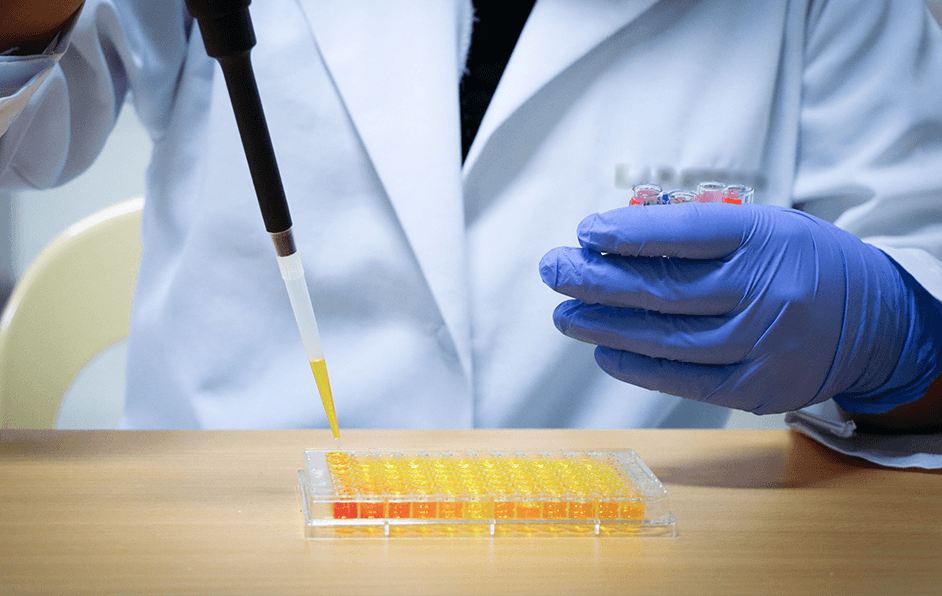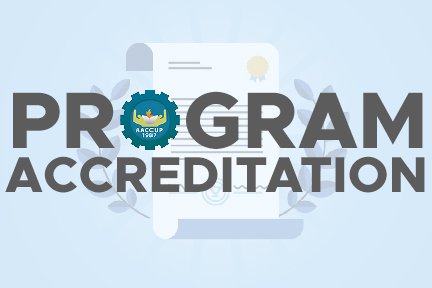The Japan Science and Technology Agency (JST) and Japan International Cooperation Agency (JICA) selected the project “Development and Adoption of Ecofriendly High-Performance Disease Control Technology for Banana and Cacao through Agrobiodiversity Management System” for the Fiscal Year 2020 Science and Technology Research Partnership for Sustainable Development (SATREPS) program. The 5-year collaborative project of Central Luzon State University and Tamagawa University in Japan was among the ten selected projects out of 95 proposals submitted for SATREPS funding. Under the Bioresources category, three including the CLSU and Tamagawa University project were chosen from 30 submitted proposals.
The Japan Science and Technology Agency (JST) and Japan International Cooperation Agency (JICA) selected the project “Development and Adoption of Ecofriendly High-Performance Disease Control Technology for Banana and Cacao through Agrobiodiversity Management System” for the Fiscal Year 2020 Science and Technology Research Partnership for Sustainable Development (SATREPS) program. The 5-year collaborative project of Central Luzon State University and Tamagawa University in Japan was among the ten selected projects out of 95 proposals submitted for SATREPS funding. Under the Bioresources category, three including the CLSU and Tamagawa University project were chosen from 30 submitted proposals.
SATREPS was established in 2008 with objectives of (1) enhancing international cooperation in science and technology between Japan and developing countries (2) acquiring new knowledge and technology that lead to the resolution of global issues and the advance of science and technology, and through this process, creating innovation, and (3) boosting self-reliant research and development capacity in developing countries through international joint research, constructing sustainable research systems than can contribute to resolving issues, coordinating networking between researchers, and training future human resources in developing countries and Japan. It is a Japanese program that promotes international joint research under the supervision of the Ministry of Foreign Affairs (MOFA) and the Ministry of Education, Culture, Sports, Science, and Technology (MEXT). SATREPS aims to address global issues and produce research outcomes that are beneficial to local and global society. SATREPS is a combined competitive research fund for science and technology projects and development assistance.
The partnership with Japan’s Tamagawa University is a testament to CLSU’s excellence in agricultural research and development. It also provides an opportunity to further cultivate overseas cooperation. CLSU has established linkages with several overseas universities in Japan such as Miyazaki University, Tsukuba University, Mie University, and Tamagawa University. These partnerships benefit CLSU constituents, both the faculty and students, through exchange and scholarship programs as well as enhanced research collaboration.
Aside from collaboration with Japanese universities, CLSU is also engaged with other overseas universities, and international research institutions such as International Crops Research Institute for Semi-Arid Tropics (ICRISAT), Consultative Group for International Agricultural Research (CGIAR), and International Center for Living Aquatic Resources Management (WorldFish Center).
The SATREPS project of CLSU and Tamagawa University was an offshoot of previous collaboration on plant disease management in 2017. CLSU and Tamagawa University researchers discovered that proper control of plant disease is the key to the sustainability of banana-cacao intercrop farming.
Cavendish banana is a popular Philippine export in Japan. The Philippines is the second largest global exporter of bananas next to Ecuador. The world demand for cacao is also increasing due to the growing size of the middle-class, novel use in the food industry, cosmetics and pharmaceutical industry, and development of cacao as health food. The sustainability of the industry is threatened with plant diseases resulting in a reduced profit, yields, and quality.
The major disease affecting banana plants in the Philippines includes fusarium wilt disease and Sigatoka disease. Among cacao, concerns about black pod rot and vascular streak disease infection are prevalent. The control of these diseases is the focus of the CLSU-Tamagawa University SATREPS project. It is a support to Philippine smallholder banana and cacao farmers.
The project aims to develop and introduce a sustainable production system through eco-friendly high-performance technologies for disease surveillance, diagnosis, and smart agrobiodiversity management system from 2021 to 2025.
The principal investigator from the Japanese side of the collaboration is Dr. Kyoko Watanabe of the College of Agriculture, Tamagawa University. Dr. Watanabe is an expert on plant pathology and fungal infections. She will work with CLSU experts with research interests in plant disease management.
SATREPS is also a technical training cooperation program. It is expected that during the project implementation, CLSU researchers will be invited to Japan for advanced training. Invited researchers will lead in advancing science, technology, and bilateral collaboration. Training programs are either short (< 1 year) or long (> 1 year) term. The capacity development program covers travel and accommodation costs, daily allowances, and other training expenses.
Capacity development of researchers from CLSU, counterpart research institutions, and local farmers will be achieved with frequent exchanges of researchers from Tamagawa University and CLSU. This arrangement is a unique feature of the collaboration over other science and technology collaboration programs and will be known as a Japan-specific scheme in the Philippines.
Finally, the technologies developed from the collaboration will be disseminated through workshops and symposia that will be organized for local and global audiences. The joint research cooperation hopes to result in deepening bilateral and regional friendship. Above all, the project will contribute to achieving the United Nations Sustainable Development Goals (SDGs) on 2- Zero Hunger, 12- Responsible Consumption and Production, and 15- Life on Land, thus making Japan and the Philippines valued citizens in the international community.
- OVPAA, IAO conduct executive session on internationalization
- Ten Pre-Service Teachers Join the SEA Teacher Program
- CLSU student, chosen for SSEAYP 2022
- CLSU-BSHM students win in the Philippine Culinary Cup, Executive Chef Networking
- Two BSIT Students advance in the ASEAN Data Science Explorers 2022 (ASEAN DSE) competition
In an effort to promote global opportunities and foster enduring international partnerships, the Council...
Aligned with SDGs 4 (Quality Education) and 17 (Partnership for the Goals), ten pre-service teachers...
Dan Paul Aaron Torres, a fourth-year BS Chemistry student at Central Luzon State University, has been...
Bachelor of Science in Hospitality Management students of the Central Luzon State University participated...
The ASEAN Data Science Explorers 2022 competition organized by the ASEAN Foundation and SAP Asia Pte...





